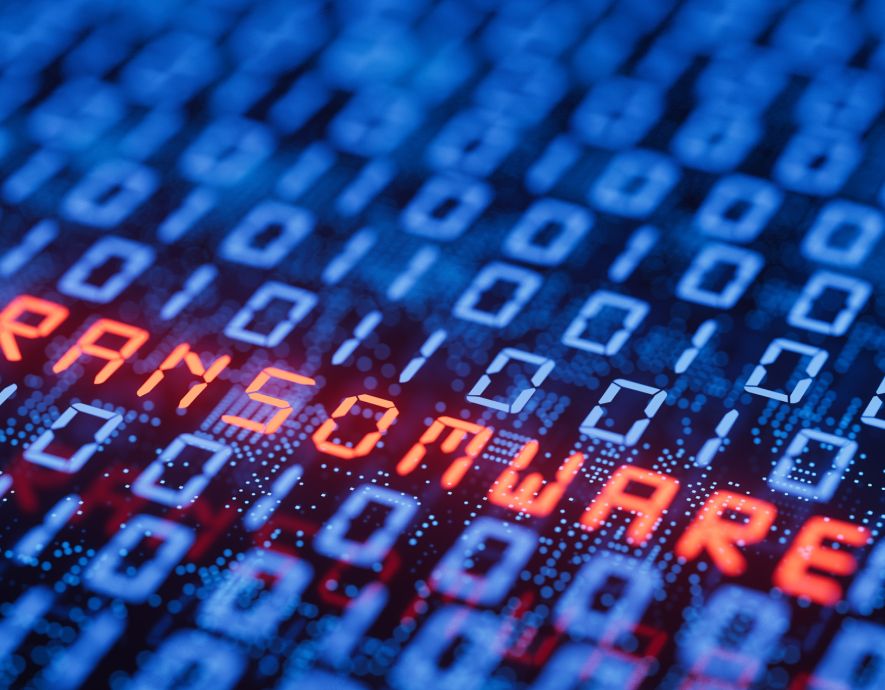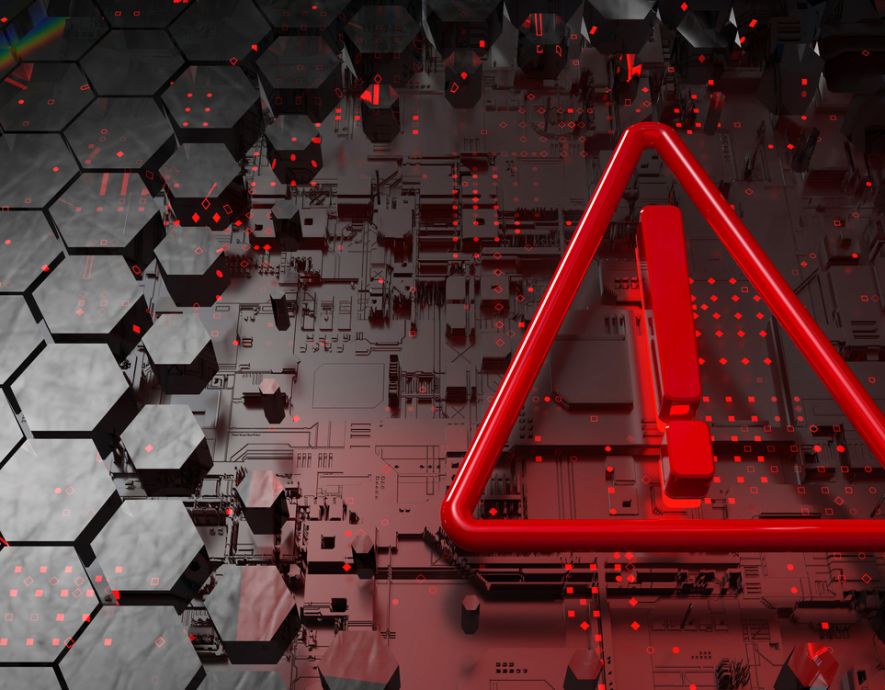
Local authorities declare war on cybercrime
Continue reading
1
2
12.23.14 Cyber stability
Edito – The Sony case By General of the army (2S) Watin-Augouard
Read
02
MIN
3
11.09.23 Cybercrime
Reshipping service for goods bought with stolen bankcards falls prey to hack
Read
02
MIN
4




